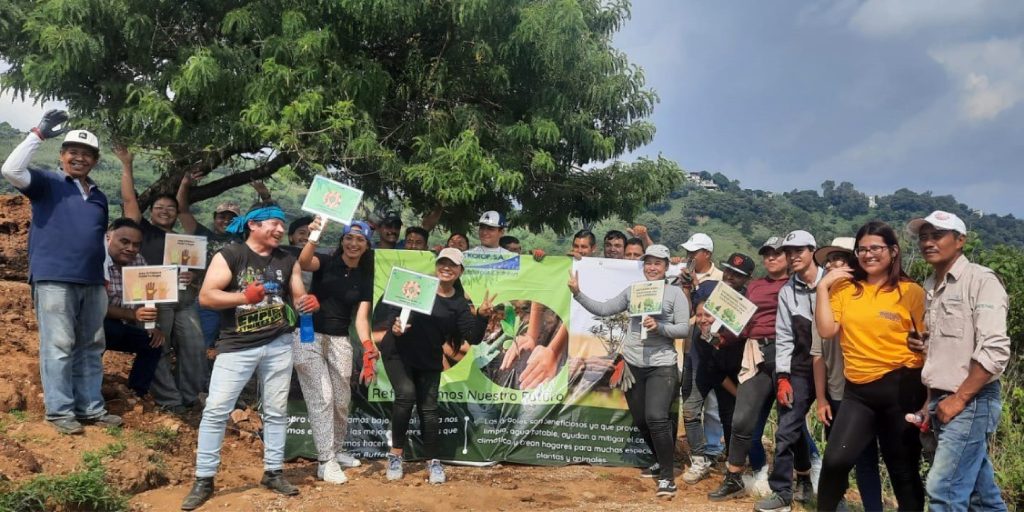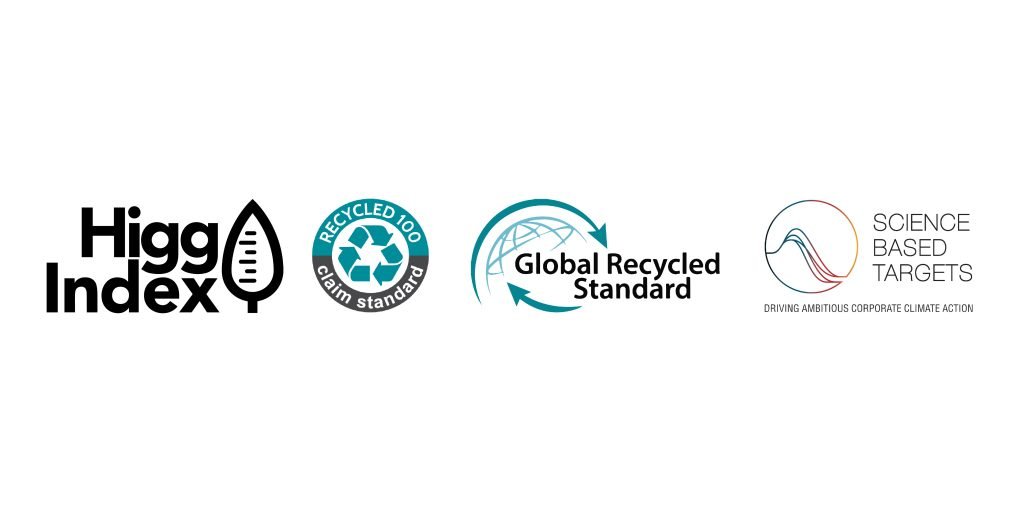In a world where sustainability has become an imperative for the textile industry, Modas Kotop has taken the lead not only for its strict compliance with national laws but also for its adherence to the standards demanded by its international customers. This allows it to implement practices that have a significant impact on the community and the environment.
Sustainable and Responsible Production

Since its founding, Modas Kotop has made sustainability a fundamental pillar. The company has adopted practices that not only benefit its operation, but also have a positive effect on the communities where it operates. This vision has made Modas Kotop a benchmark of leadership in sustainability, demonstrating that it is possible to go beyond regulations and set a new standard in the industry.
One of the company’s most important focuses has been investment in new technologies and efficient resource management. With this they have achieved a complete transition to 100% hydroelectric power and have implemented LED technology to reduce their energy consumption. Tim Yu, the company’s Social Compliance Manager, emphasizes that these measures have not only reduced operating costs, but have also reinforced the company’s commitment to reducing carbon emissions, thus consolidating its sustainable profile.
In terms of waste management, Modas Kotop has exceeded local expectations by implementing a sorting system that encompasses six types of waste, exceeding environmental regulations and demonstrating a proactive and responsible approach. In addition, the company has planted more than 600 trees annually in Guatemala since 2019, in a joint effort with local organizations. This reforestation program not only helps to recover green areas, but also actively involves employees and volunteers, strengthening the bond between the company and the community.
True sustainability through traceability

Modas Kotop’s focus on traceability is another of its strengths. From the beginning of the production process to the delivery of the final product, the company ensures that both its practices and those of its suppliers meet the highest environmental standards. This commitment not only responds to the expectations of its international customers, but also reflects its vision of long-term sustainability.
Before obtaining environmental certifications, the company already had a focus on sustainability, implementing measurement and monitoring systems with data to control its greenhouse gas emissions, water consumption, waste management, among others.
Importance of environmental certifications

Aligned with its parent company HANSOLL, Modas Kotop continues to implement good environmental practices, which has allowed it to build a solid reputation among its customers. It currently has certifications that support its commitment to sustainability. These include the Higg FEM, a tool that allows them to evaluate and improve the management of emissions, water resources, waste and solid waste, as well as the implementation of energy efficiency practices. In addition, it currently holds the Global Recycled Standard GRS and Recycled Claim Standard RCS certifications, which verify the use of raw materials throughout its supply chain, manufacturing with recycled polyester products.
These certifications are proof of the company’s commitment to reducing the environmental impact of its operations and guaranteeing the use of recycled materials throughout its supply chain. In addition, through the Science Based Target Initiative (SBTi) tool, the company continues to set goals for reducing its emissions. These certifications have been key to maintaining its competitiveness in an increasingly demanding international market.
These efforts have allowed them to set clear short- and long-term goals, not only for their own benefit, but also to contribute to the fight against climate change. Modas Kotop demonstrates that sustainability is not just a mere legal compliance action, but a long-term strategy that positively impacts business performance, communities and the environment.


